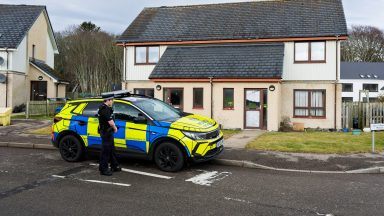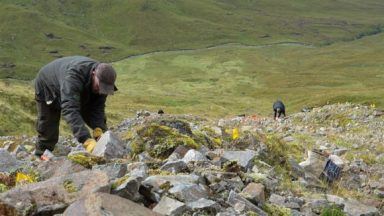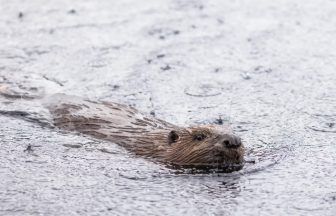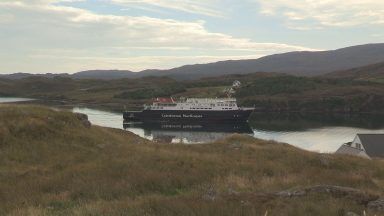The skeleton of one of 77 whales found washed up on a beach in Sanday after a mass stranding is to be displayed at a local heritage centre.
The pod of long-finned pilot whales were discovered on July 11 in what is believed to be the largest mass stranding in the UK since 1927.
Only 14 of the pod – which included a mix of adults, calves and juveniles – were found to be alive but were later euthanised on welfare grounds due to their deteriorating condition.
The whales have now been buried across eight burial sites on the island which each containing no more than ten whales.
One whale has been left on the beach to decompose naturally to allow the community to retain its skeleton to serve as a “poignant reminder and memorial to the lost whales”.
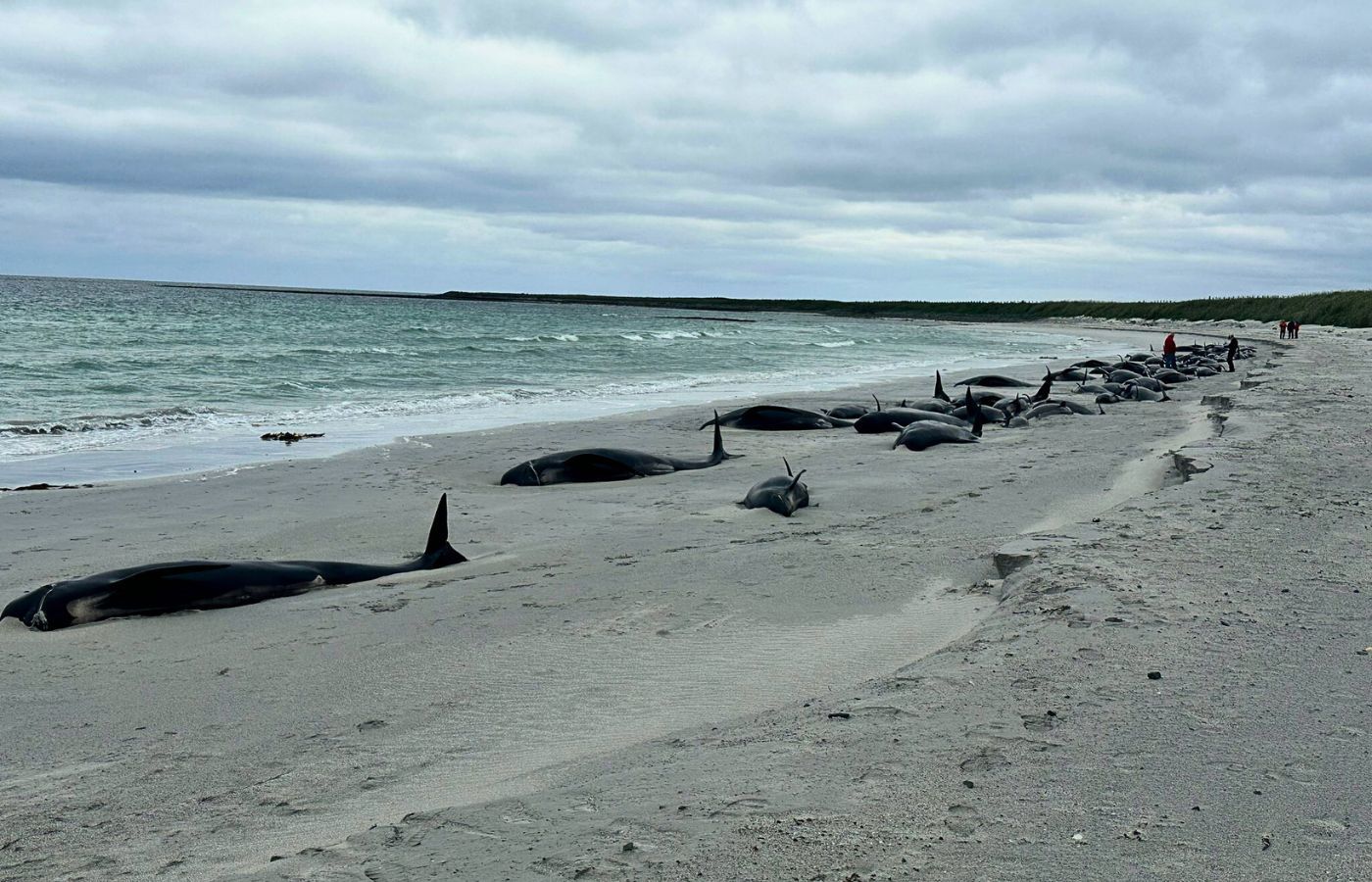 British Divers Marine Life Rescue
British Divers Marine Life RescueThe skeleton will be offered to the island’s Heritage Centre on permanent loan from the Scottish Marine Animal Strandings Scheme (SMASS).
Hayley Green, Orkney Islands Council’s corporate director of neighbourhood services and infrastructure, paid tribute to all those involved in the incident response.
“My thanks go to local farmers, particularly James Muir, for his assistance and co-ordination of the removal of the whales and their onward burial”, she said.
“James and other farmers – Adam Towrie, Ian Simpson, John Boyd, Shaun Thomson, Alex Jenkins and Raymond Brown – worked tirelessly to ensure this happened swiftly and with as much dignity as was possible.
“Our gratitude must also go to Orkney Ferries and Orkney Builders for arranging the ferry charter to take additional machinery to Sanday to assist with the removal and burial.
“I also want to thank the wider Sanday community, the many accommodation providers – and the two local shops and businesses for keeping us fed and watered, we are very grateful.
“I must also give mention to the SMASS, which is the dedicated research and reporting scheme for stranded cetaceans, pinnipeds, marine turtles, and large sharks in Scotland.
“Their work alongside colleagues from the Cetacean Strandings Investigation Programme (CSIP) has been exceptional and hopefully adds to our knowledge of these particular whales and why this may have happened. The scientists will continue their important research work and, it is hoped, that their findings will be made available at a later date.
“As always, we will review how we handled the event and if we can share good practice if this were ever to happen again, or, indeed, if there were any lessons we could learn and improve upon.
“Once again, my heartfelt thanks to everyone who has helped in any way with this tragic occurrence both locally and from our external partners.”
Follow STV News on WhatsApp
Scan the QR code on your mobile device for all the latest news from around the country


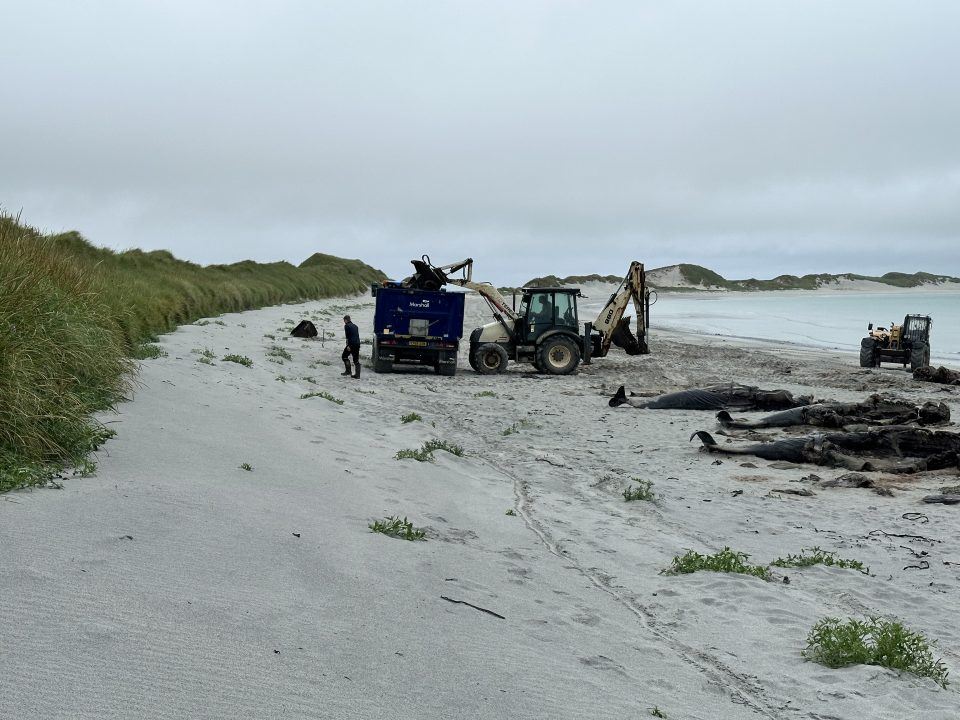 Orkney Council
Orkney Council
















